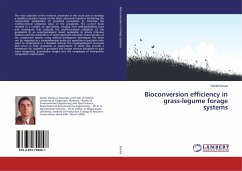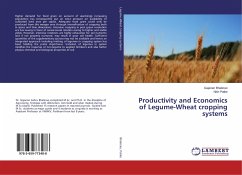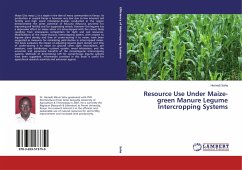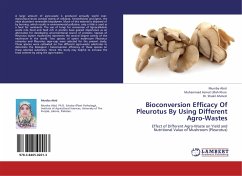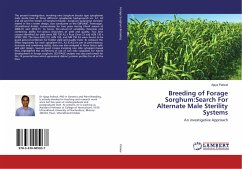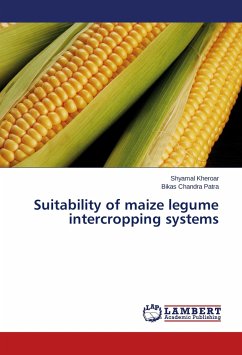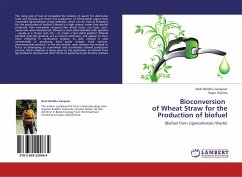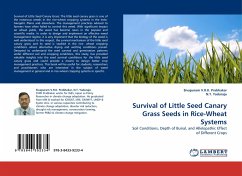The main objective of the research presented in this work aims to develop a reliable procedure based on the latest advanced solutions facilitating the conservative exploitation of grassland ecosystems to maximize the multifunctional utilization value of the grasslands. The current book resulted in a number of approaches, ranging from well-established tools and techniques that evaluate the multifunctional utilization of the grasslands to an ecophysiological model applicable to binary intensive mixtures and the predictions of some important biometric characteristics of the component species using artificial intelligence techniques. The book can be regarded as a comprehensive quide for agricultural specialists who want to understand in a detailed manner the ecophysiological processes that occur in their grasslands or experiments. It could also provide a framework for students in grassland and forage sciences disciplines to gain more integrated, quantitative insight into the complexity of interspecific competition mechanisms.

